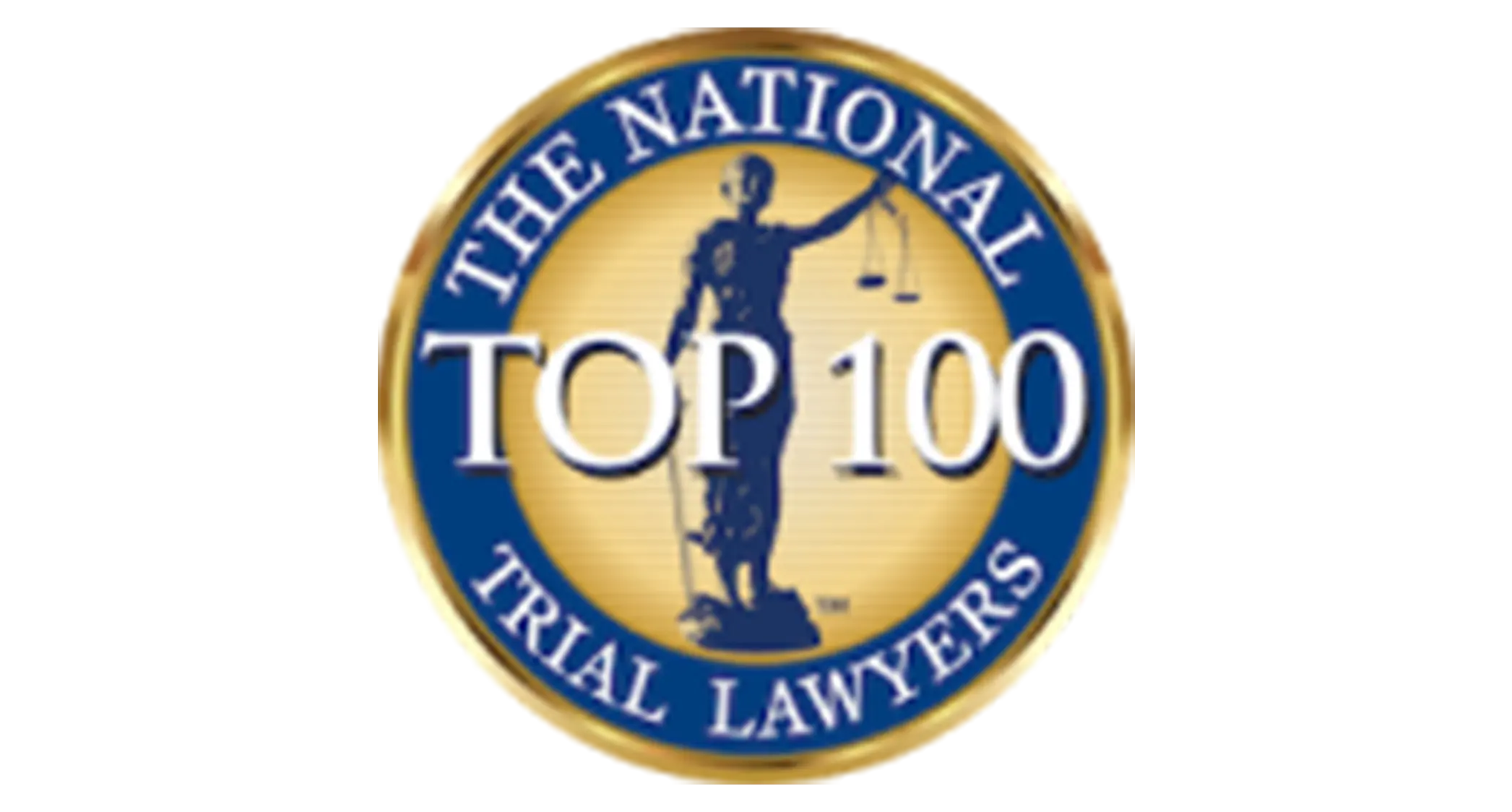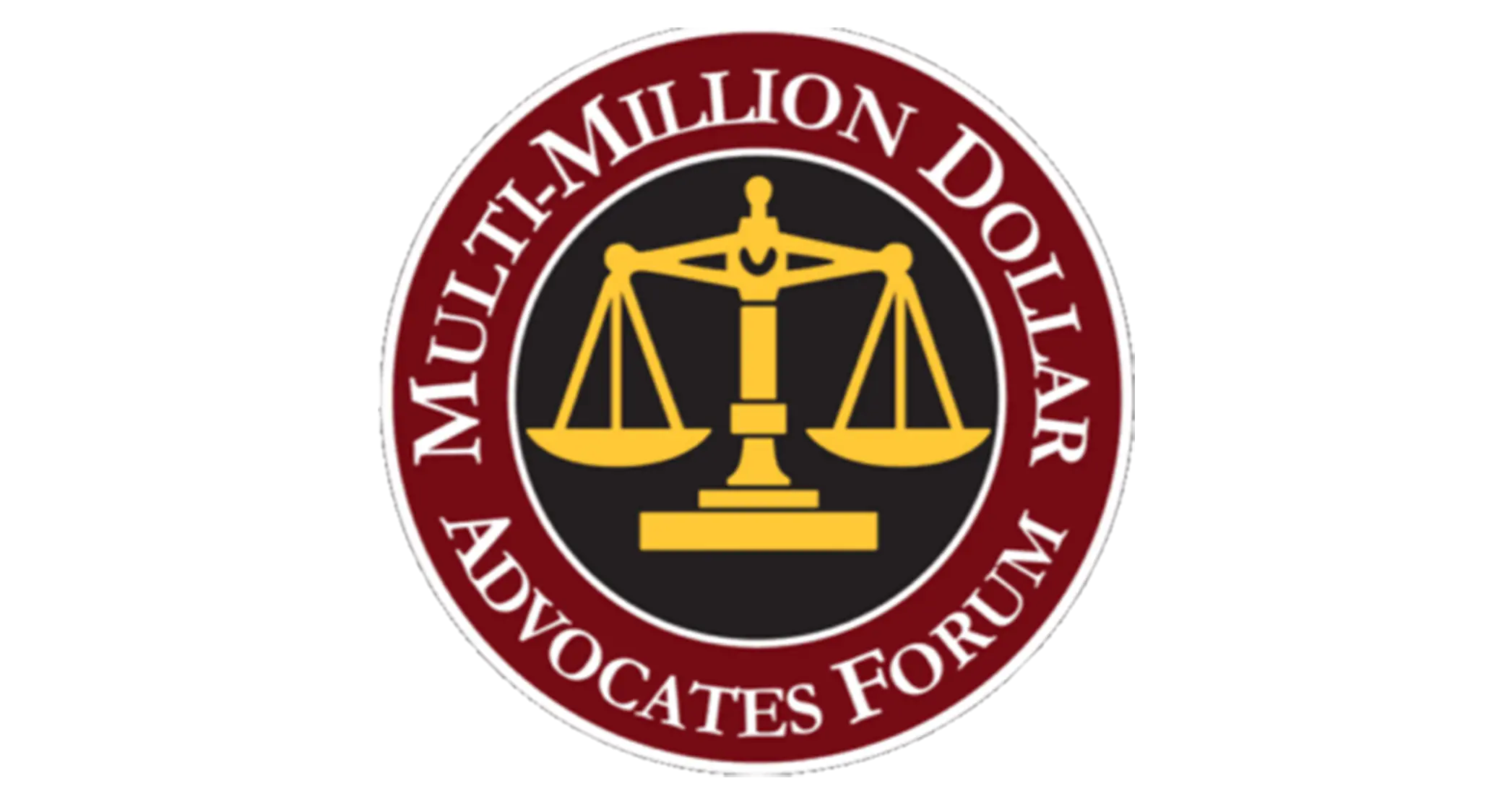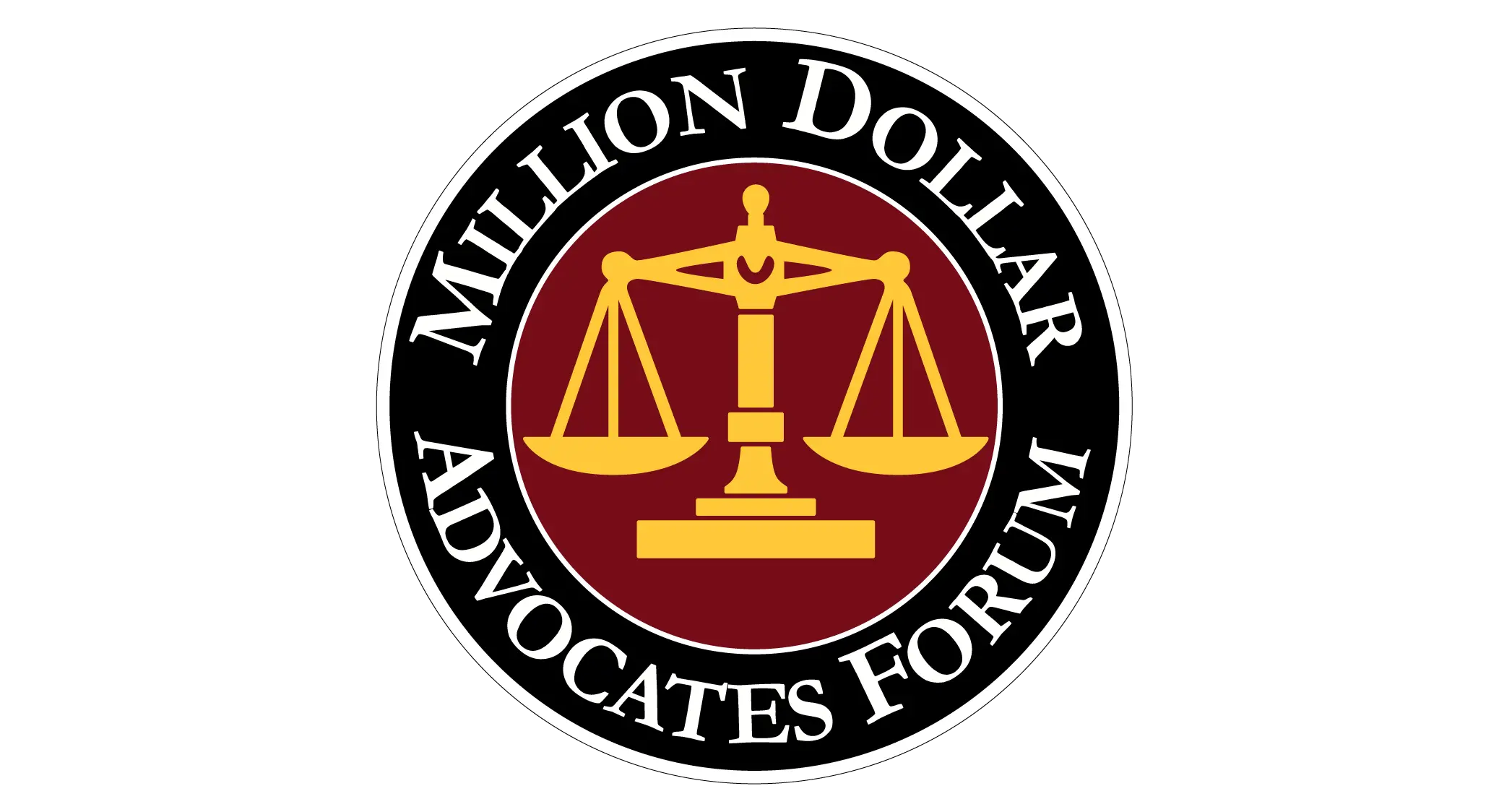Most Dangerous Profession?
When you think of dangerous occupations – those where on-the-job injuries are most likely to occur – what do you think of? Construction jobs where people get hurt by falling off roofs and scaffolds? Mining, where cave-ins make headlines? Agriculture, forestry and fishing, where large, dangerous machinery is in use and weather can pose extra hazards? Transportation, including air, rail and truck wrecks? Or maybe public safety professions like police and fire departments?
Would you be surprised to know that people in the healthcare professions are much more likely to be hurt on the job? According to a report from the U.S. Department of Labor released on November 7, 2013, injuries to healthcare and social assistance workers far outpaced other categories. Here’s how the numbers stacked up for non-fatal occupational injuries and illnesses in the U.S. in 2012:
- Healthcare & social assistance: 621,100
- Construction: 183,200
- Mining: 17,800
- Agriculture, forestry, fishing: 49,400
- Transportation (air, rail, truck): 195,800
- Public administration (police, fire): 332,300.
Due largely to our country’s aging population, the health care and social assistance industry is expected to grow an average 2.6% a year and comprise nearly a third of the 15.6 million U.S. job gains from 2012 to 2022, according to the Bureau of Labor Statistics. This means more and more workers are going to face occupational injuries in a field already acknowledged to be hazardous.
WHO is at risk for a healthcare-related job injury?
The healthcare sector employs over 18 million people, and occupational injuries are a hazard for just about anyone involved in providing health care: nurses, nursing aides, orderlies, home health aides, physician assistants, doctors, dental hygienists, dentists, occupational therapists, physical therapists, lab technicians and radiology attendants. In addition, many of the maintenance and housekeeping positions in hospitals and clinics expose workers to health and safety hazards.
WHERE are healthcare workers injured?
Healthcare services are provided in a variety of settings, and any one of these can be the site of an injury to someone in the healthcare profession. Whether an aide or a nurse works in a hospital, a clinic, a nursing home, an office, an out-patient surgery center, an emergency treatment facility, a rehab center or a private home, they face risk of injury every day they devote to helping others stay well.
WHAT kinds of injuries do healthcare workers suffer?
As you would expect, the types of injury vary, depending upon the duties and activities of the worker. Nursing homes record the highest injury rates of all healthcare facilities, mostly from lifting and supporting patients. Nurses, nursing aides, orderlies and attendants suffer more musculoskeletal injuries than workers in any other field. Back injuries in the healthcare field cost more than $7 billion annually.
Often, a healthcare worker becomes disabled not because of a single incident but because of repetitive trauma over time, resulting in conditions such as carpal tunnel syndrome, knee and hip problems and back pain.
WHY is nursing such a dangerous occupation?
One reason, according to the American Society of Safety Engineers, is the relatively small number of OSHA inspectors, one for every 59,000 covered employees across more than 8 million worksites. OSHA inspects construction sites 20 times more frequently than healthcare facilities, even though the injury rates are much higher for the latter. And fewer standards are in place to protect healthcare workers from widely acknowledged hazards such as ergonomic stressors.
HOW can an injured healthcare employee receive compensation?
In South Carolina, workers’ compensation covers medical care and lost wages for a work-related injury, including an injury which occurs in a healthcare setting. Regardless of who was at fault for the injury, workers’ compensation pays 100% of injured workers’ medical bills, as well as two-thirds of their normal wages during the time when injuries keep them out of work.
Their employer, and its workers’ comp insurance carrier, may challenge a workers’ comp claim, trying to reduce benefits or rushing them back into service before the injury is completely healed. Sometimes a medical specialist or particular therapy is recommended for optimal treatment, but the insurer refuses to authorize it. You may sue your employer for denying you necessary and appropriate care, as well as for retaliating against you for filing such a claim.
Clearly, those injured healthcare workers whose employers never bought workers’ compensation insurance, denying them a chance to collect payments, may sue that employer. Likewise, if a third party — another company or person who is not your employer — caused your injuries, you may sue that party through a personal injury claim while you collect workers’ compensation.
The Louthian Firm Accident & Injury Lawyers, ADVOCATES FOR HEALTHCARE WORKERS
The Louthian Firm Accident & Injury Lawyers is ready to step in and negotiate with an employer, an insurer or the South Carolina Workers’ Compensation Commission to help you get the money you need to heal. And if negotiation fails, we’re prepared to fight for your rights aggressively in court. Accepting workers’ compensation payments does not always mean giving up your right to sue your employer.
If you are a nursing assistant, nurse, home health aide, laboratory assistant, physical therapist or any other healthcare professional who has been injured on the job, contact The Louthian Firm Accident & Injury Lawyers as soon as possible to discuss your legal options. We have served injured South Carolinians since 1959, so we understand how workers’ compensation law works and know all the tricks employers and insurers use to wiggle out of paying. We appreciate the dedication you show in your helping profession and will help you collect the money you’re entitled to.
For a free consultation on your case, call us today at 803-592-6231 or contact us online. Our workplace injury attorneys will give you hands-on help and exceptional results.






